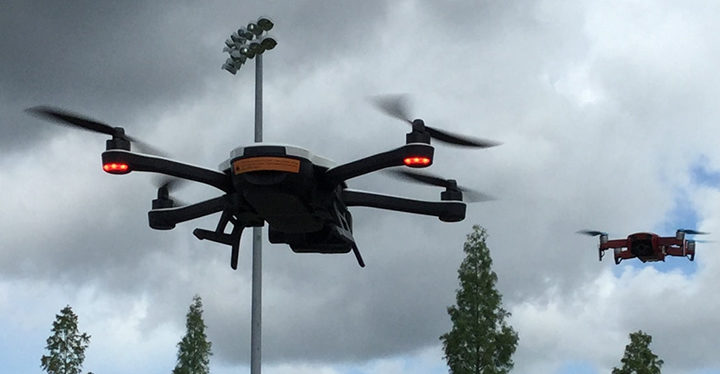December 2020 | Volume 10, Issue 2 | 5G Standards |
3GPP 5G Core Network: An Overview and Future Directions
In 2015, the 5th generation (5G) mobile communication was officially approved by the International Telecommunication Union (ITU) as IMT-2020. Since then, 3GPP, the international organization responsible for 5G standards, is actively developing specifications for the complete 5G System. This paper describes an overview of the 3GPP 5G core capabilities and future directions.
Featured Articles

Letter from the Editor
Something interesting about taking over, and 5G
(more…)
Funny Pages: 5G

Call For Contributors
The IEEE Standards Education eZine Editorial Board invites contributions from industry practitioners, educators and students on topics related to education about technical standards. Interested parties may submit an inquiry or article abstract for consideration to the Editorial Board at any time throughout the year via email to: ezine-eb@listserv.ieee.org. Abstracts should be no longer than 500 words and final articles should be no more than 2,000 words.
Particular areas of interest include, but are not limited to:
- Health and Technology
- Online Education in Standards
- The Use of Open Source in Standards
- Artificial Intelligence
Interested in contributing an article? Please make note of these important dates.
2nd Quarter 2021 issue theme: TBA- Articles due: TBA







